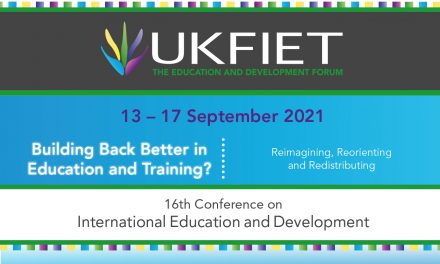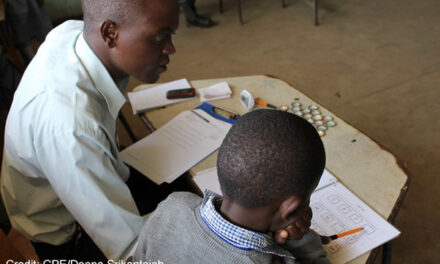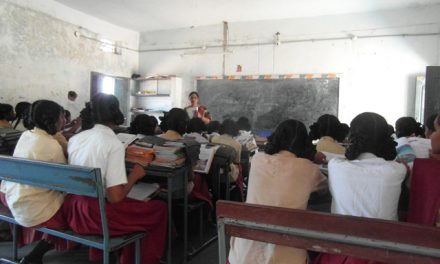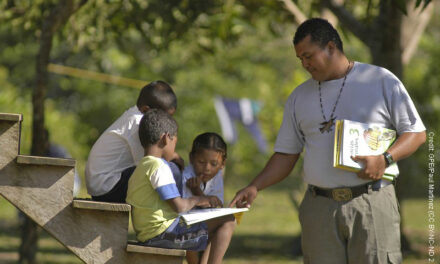This blog was written after the 2021 UKFIET conference by the co-convenors of one of the six conference themes: Governance, Power and Planning. The co-convenors are Sally Rosscornes, independent consultant; and Melanie Ehren, Professor in Educational Governance at Vrije Universiteit Amsterdam.
This year’s conference theme of ‘building back better’ sparked some interesting reflections on how governance, power and planning is changing as a result of COVID-19. At the start of the conference, in the opening plenary, Dean Brooks from INEE reminded us that ‘building back better’ is not a new theme but one that was introduced in 2004 when schooling was disrupted due to a Tsunami in Thailand. In the session on public-private partnerships, we contemplated how recovery from a Tsunami will be different from a pandemic and how it requires different forms of governance. Where a Tsunami will require rebuilding of infrastructure and family housing, recovery from a pandemic is particularly about repairing learning loss and improving children’s socio-emotional functioning and well-being. Building back better has a different meaning in each of these contexts.
When we think beyond a mere ‘recovery’ to the status quo, ‘building back better’ is about capitalising on the new partnerships that have emerged during the pandemic to continue learning for the most vulnerable children, and developing low-tech solutions to ensure they can access teaching. During the conference we’ve heard some great examples of such partnerships, some of which were already in place before the pandemic but have been galvanised because of a sense of commonality of purpose during the pandemic.
Sally Gear from the FCDO for example, talked about researchers and policy-makers working together in using evidence to ensure equitable access for all children: understanding which groups weren’t able to access learning and why, and finding low tech solutions to reach these groups. Baela Raza Jamil referred to ‘a new compact’ between home and school and public and private partners in her opening keynote speech. These new compacts see a fusion and merging of spaces for learning, such as when parents take on the responsibility for the learning of their children and are enabled to do so through materials and guidance from the school, or where international NGOs or industry partners are working with the state to improve access to both formal and informal learning.
Martha Hewison of UNHCR provided another example of partnerships that build back better. She talked about the work of the Accelerated Education Working Group (AEWG) to address the large number of out-of-school children and youth. Their ‘Accelerated Education’ interventions are aimed at children and youth between 10-18 years of age and include flexible, age-appropriate programmes, allowing students to complete a certified, equivalent level of education in a shortened time frame. The programme offers flexible and alternative pathways and entry/re-entry points into the formal education system. As many learners (and particularly girls) are now out of the formal schooling system, these programmes will become increasingly important and will also offer a relevant model for students who are back in school to catch up on lost learning.
Various colleagues talked about the conditions that need to be in place for these partnerships and collaborations to work well, drawing on the wide body of research on professional learning communities, ecosystems and research-practice partnerships. Trust was one of the key conditions, where a shared language and learning, a sense of common purpose and value orientation enables people to work across organisational boundaries and silos. A supporting infrastructure and resourcing can enable the agency that is required of educators to take wider responsibility for student learning than what is included in their formal job description. Where this is working well, people can work better and smarter to drive the change that Alicia Herbert (FCDO) advocated for in the final keynote of the conference. Although we shouldn’t underestimate the importance of a well-functioning bureaucracy, these partnerships provide the type of network governance and sense of shared responsibility to drive real progress and innovation.





